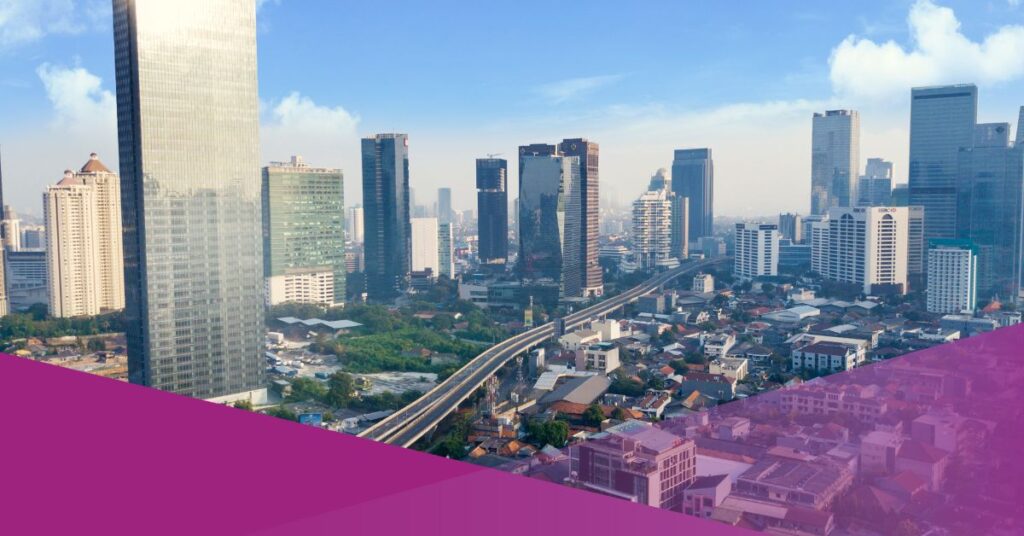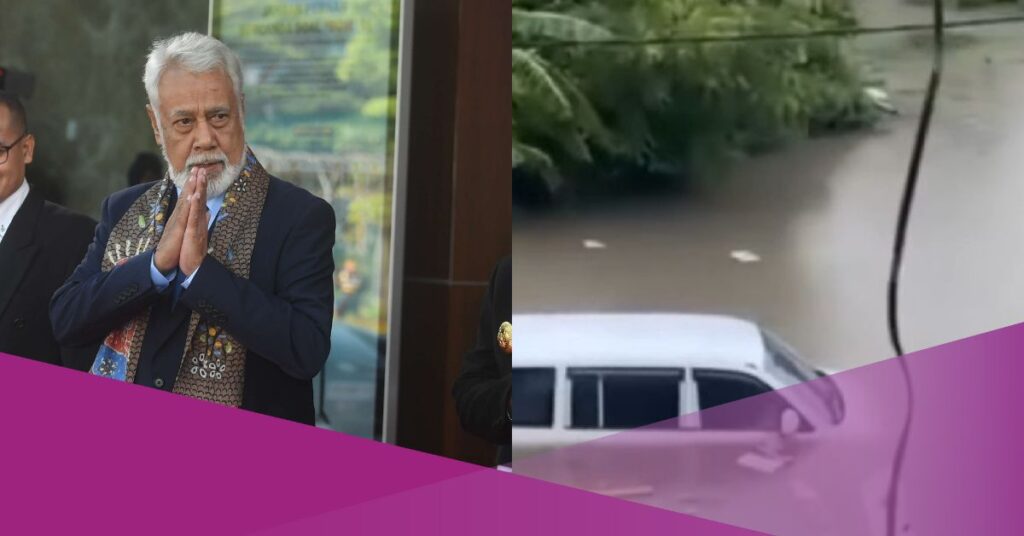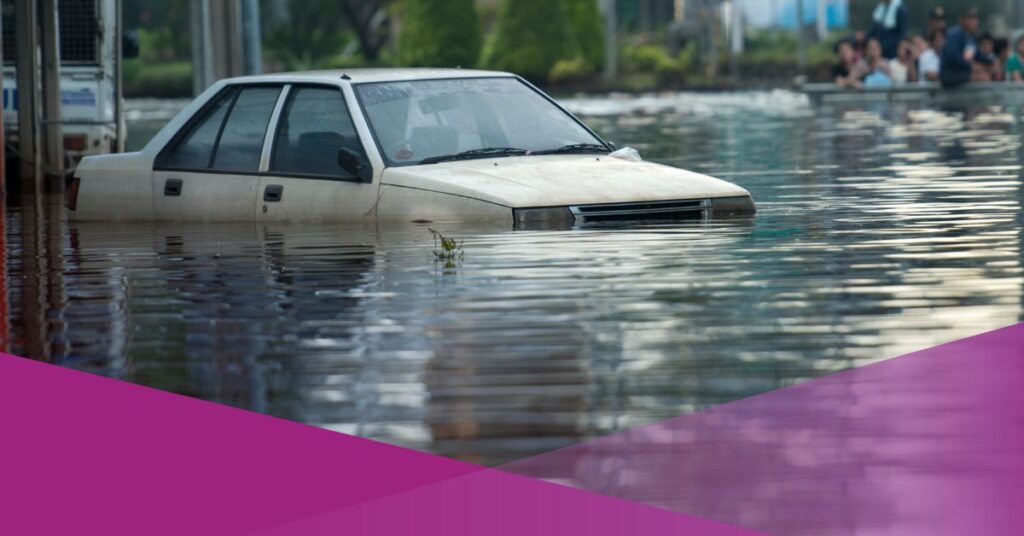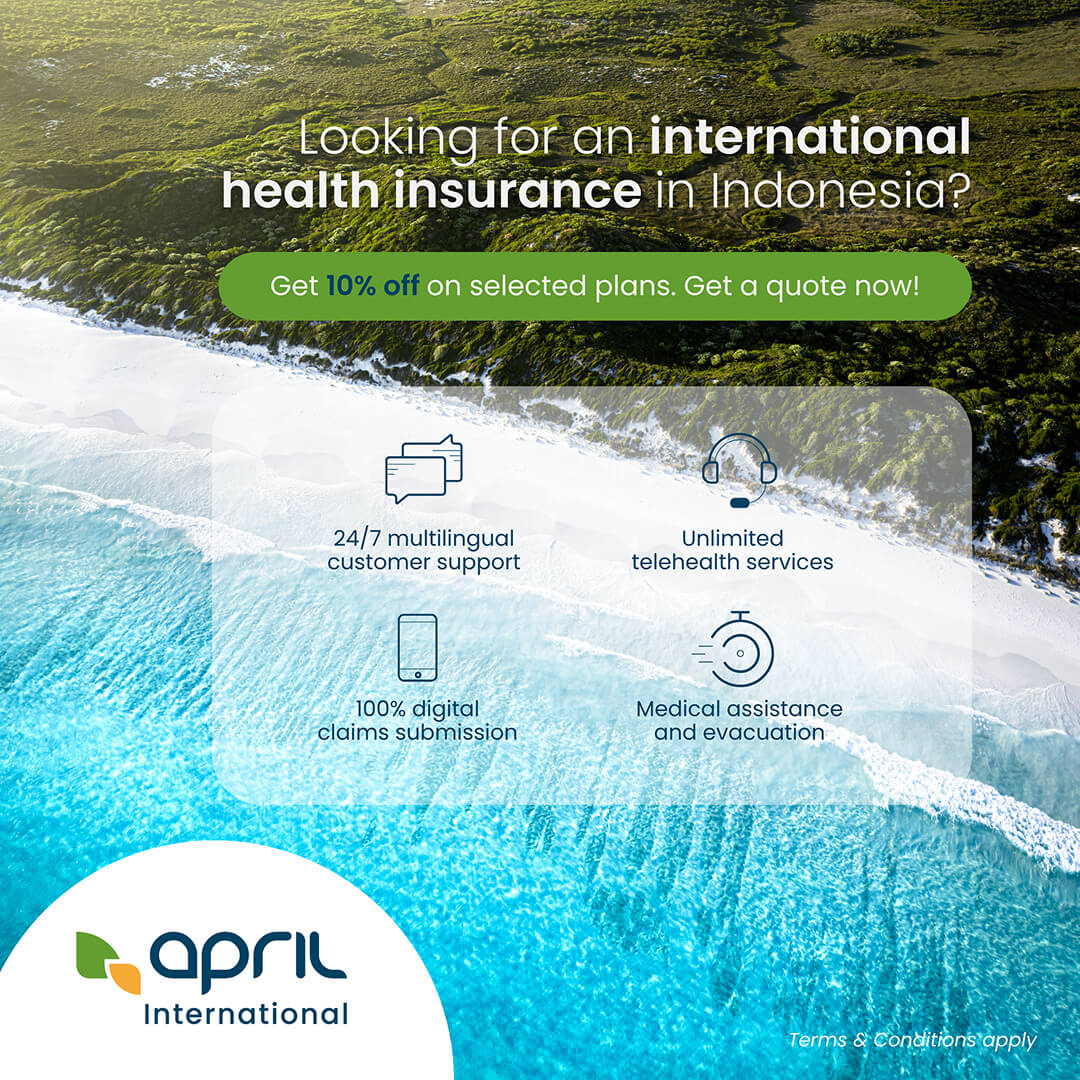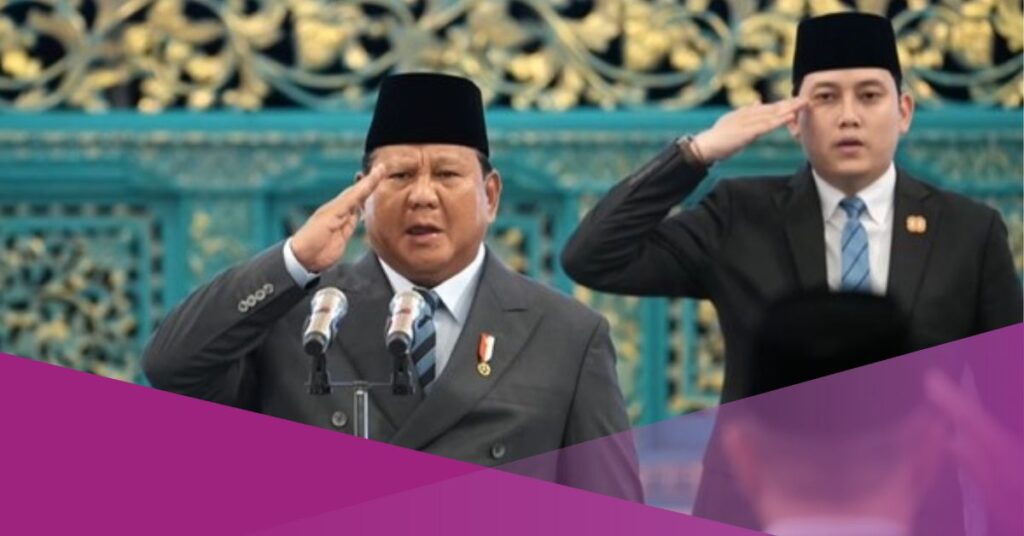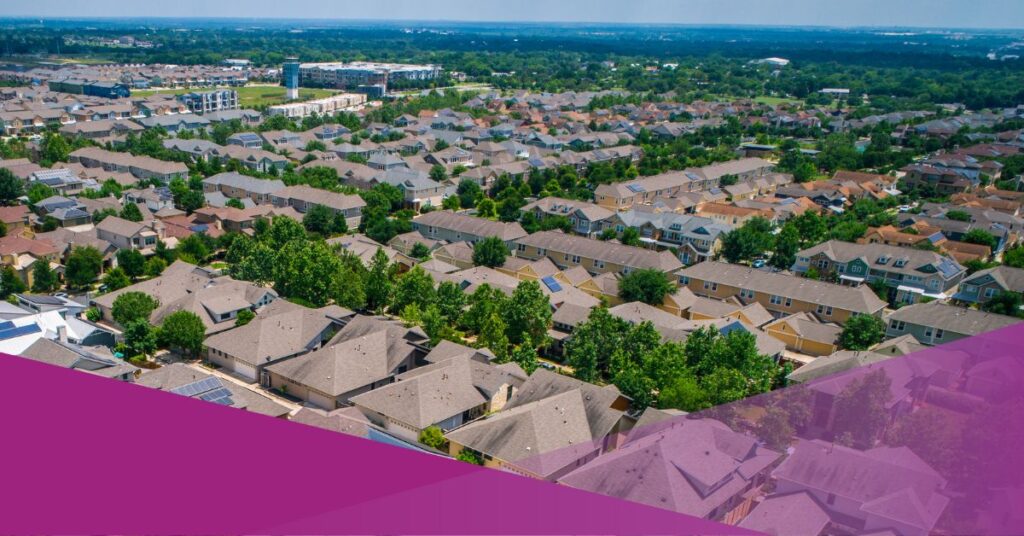Jakarta has been named among the cities with the best public transport systems in the world, according to a global survey conducted by the international magazine Time Out.
The 2025 ranking was based on responses from more than 50,000 local residents in 50 major cities, who assessed their transport systems for quality and user satisfaction.
The list highlights several cities that have shown major progress in developing public transport infrastructure, alongside long-established global leaders.
Time Out named Hong Kong as the city with the best public transport in the world, with 92 per cent of its residents stating they find it easy to travel without using private cars.
This efficiency and reliability are credited for supporting mobility and maintaining quality of life in one of the world’s most densely populated urban centres.
Tokyo and Berlin followed in second and third place, respectively, both praised for their punctual and well-integrated systems, which are often considered global benchmarks for efficiency.
Jakarta’s Progress Recognised
Jakarta ranked 17th among the 19 cities included in the final list, marking a notable step forward for a city long associated with traffic congestion.
The survey result reflects growing local satisfaction with public transport, attributed to recent developments such as the Mass Rapid Transit (MRT), Light Rail Transit (LRT), and the expanding TransJakarta network.
The Governor of DKI Jakarta, Pramono Anung, highlighted this achievement during the 2025 National Transportation Day (Harhubnas) ceremony at Monas South Side, Central Jakarta, on Wednesday (17 September 2025).
“According to the international Time Out survey, Jakarta is now number 17 out of 50 major cities in the world. This is an extraordinary leap,” said Pramono at Monas.
He expressed appreciation for the Jakarta Transportation Agency’s commitment and performance in improving public transport services.
“This achievement reflects that improvements to the public transportation system in Jakarta are being carried out consistently and sincerely,” he said, as quoted by IDNTimes.
Expanding Routes to Reduce Congestion
Pramono emphasised that transportation development is about more than infrastructure, describing it as a way to connect communities and support national growth.
“Well-connected and integrated transportation will facilitate food distribution, ensure energy availability, and be a catalyst for economic growth,” he said.
He credited the Jakarta Provincial Government’s consistent efforts in improving public mobility, including the development of the TransJabodetabek routes that link Jakarta to its surrounding buffer zones.
“I remember when we first started TransJabodetabek from Alam Sutera to Blok M. At that time, people definitely looked down on it.
Then, from PIK 2 to Blok M, Bogor to Blok M, until people joked about where else they could go to Blok M. But the essence is that we are reducing congestion caused by people coming and going from supporting areas. That’s why we’re working together to fix it,” explained Pramono, as quoted by MetroTV.
According to him, the TransJabodetabek network now includes six new routes, which have helped ease traffic, although some areas, such as TB Simatupang, remain congested.
For years, traffic congestion has been one of Jakarta’s main challenges, worsened by the daily flow of workers commuting from surrounding regions, including Banten, West Java, and South Tangerang.
The provincial government considers ongoing improvements to public transport essential to managing this mobility and reducing long-term congestion.
